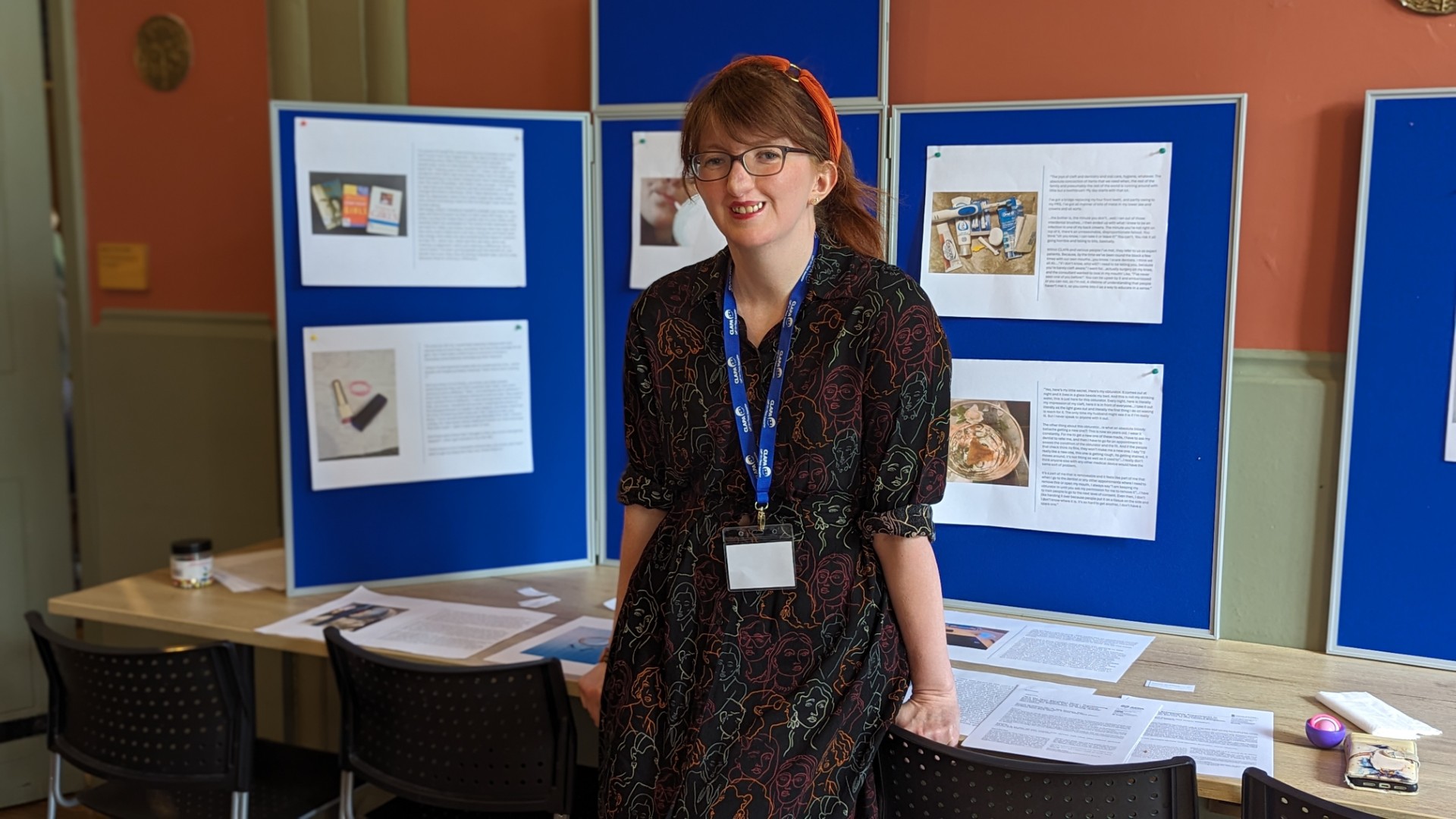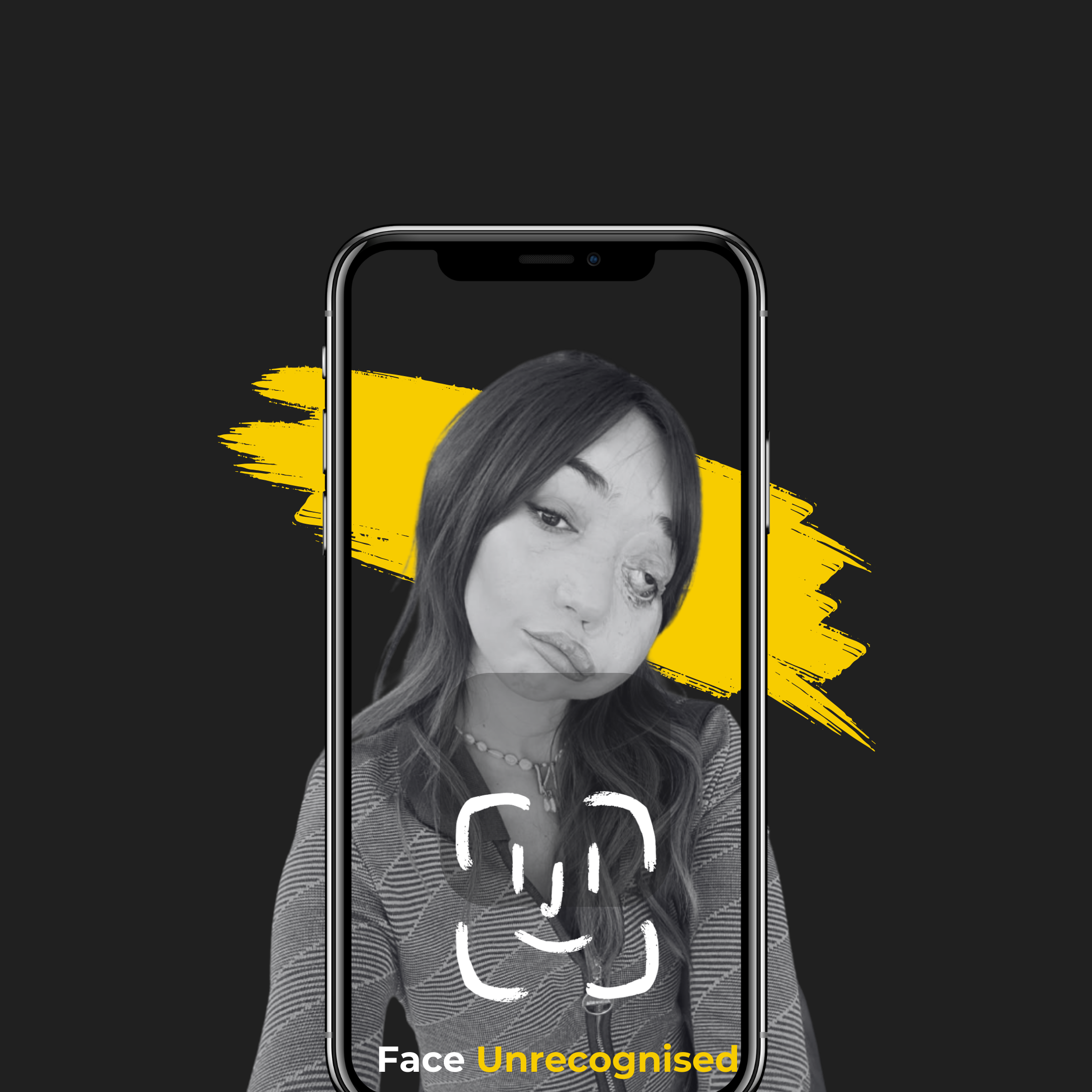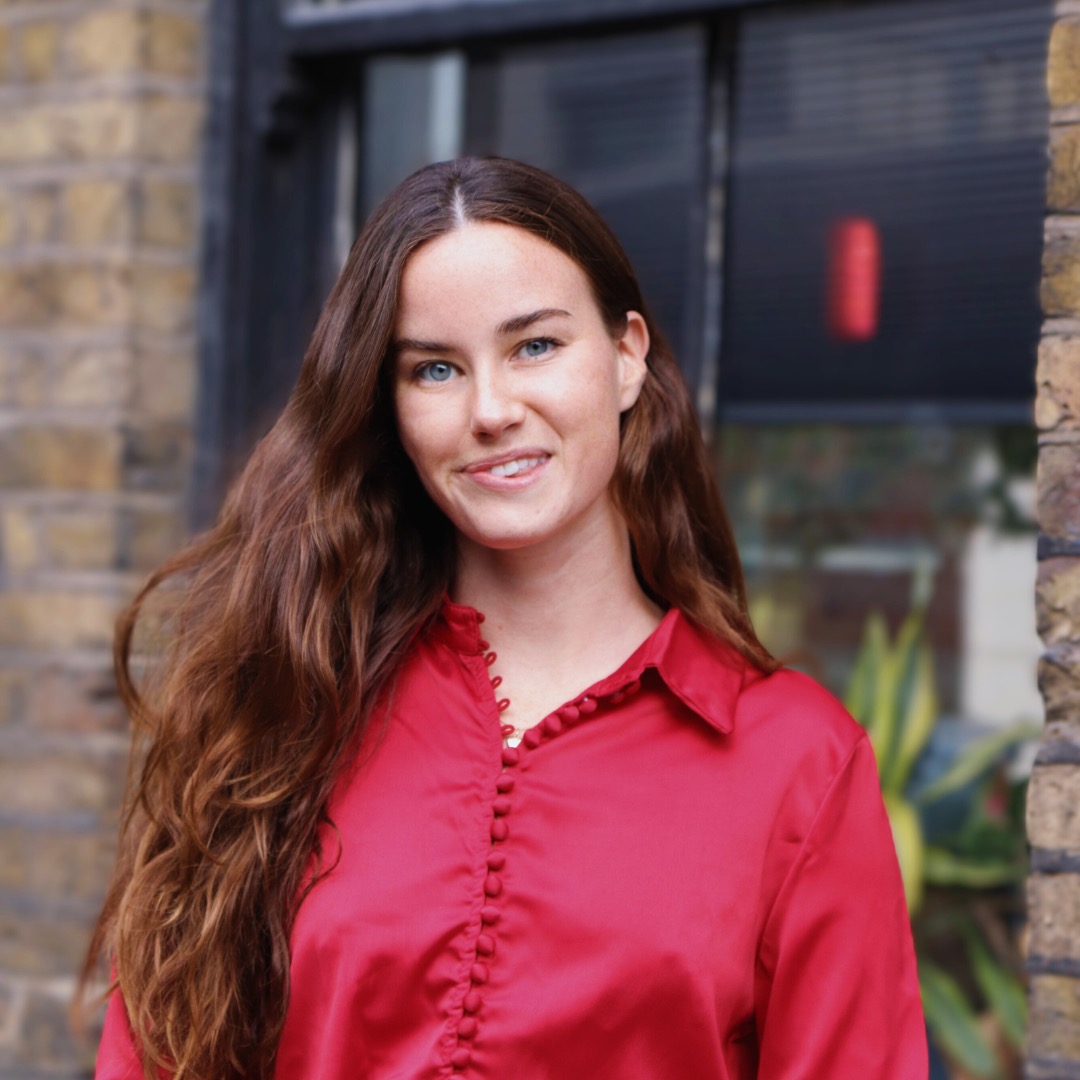“I have laughed and cried with the women in this project”

My name is Danielle McWilliams and I was born with a bilateral cleft lip and palate. I’m also training to be a Clinical Psychologist and have worked in facial difference research for almost five years now – something I never ever thought I would say. For many years, I had decided that the best way to deal with my visible difference was simply to make it invisible and go down a different path, but upon realising what unhelpful and unjust narratives I was contributing to in doing that, I did a bit of a U-turn! Ironically, many of the people who should know better, do not truly ‘see’ facial difference.
There is an abundance of literature out there about aesthetic outcomes following surgery, desire for appearance-altering treatment, pathways of care and – more recently – the psychological impact of all of the above. However, as an adult living with a facial difference, I think the everyday nuances of life, work, relationships, makeup, stresses, successes and dealing with unseen stigma, memories and microaggressions remain largely un-touched and un-noticed. I sometimes wonder if this is because the answers are too complicated.
The Photo-Voice Project
This is why I have invited a group of women, born with cleft, to tell me their stories of adult life using photos from their every day realities using a method called Photo-Voice. Feeling that someone is with you, willing to walk alongside you rather than lead you through some set questions about the last or the next time someone else has control over your body in a medical room – that is what Face Equality means to me.
I have laughed and cried with the women in this project. Undertaking narrative (eliciting ‘stories’) interviews using the photos as prompts, and owning my position as a researcher with Lived Experience has been freeing in all kinds of ways. I’m hearing people narrate stories which could be describing my life – things I never thought I would hear out loud and which need to be heard far and wide if we’re to move towards a more facial-difference inclusive, equitable and accepting society. Stories of meticulously planning outfits each day to wear as literal ‘armour’ against the stigma and assumptions of others in the workplace; stories of choosing to wear glasses to give an illusion of facial symmetry, even though contact lenses would be first choice; stories of a hospital waiting rooms triggering decades-deep trauma; stories of a first and only experience of being flirted with being during the COVID-19 mask-wearing mandate. Put simply, stories that could easily get missed when we fail to recognise the pervasive nature of facial difference and choose to focus on ‘outcomes’.
What have participants said?
Sharing stories and building connections has become a part of the research process, and scrolling to the end of the attached PDF shows a snapshot of what some of my participants have said about the project. In particular “Discussing cleft with someone affected by it, hits different” – it really does.
In April 2025, this project will be submitted as my Doctoral thesis, and I cannot wait to see where it can reach to. If you have any questions about the project, want to feature it somewhere or simply would like to talk more about how you can open yourself and your practice up to ‘seeing’ facial difference in the everyday sense, do get in touch. Dm835@canterbury.ac.uk.
You can learn more about Danielle’s work in her Photo Voice booklet below.
Tags: advocacy, Face Equality, facial difference, facial difference community, storytelling, visible difference, your stories Posted by


